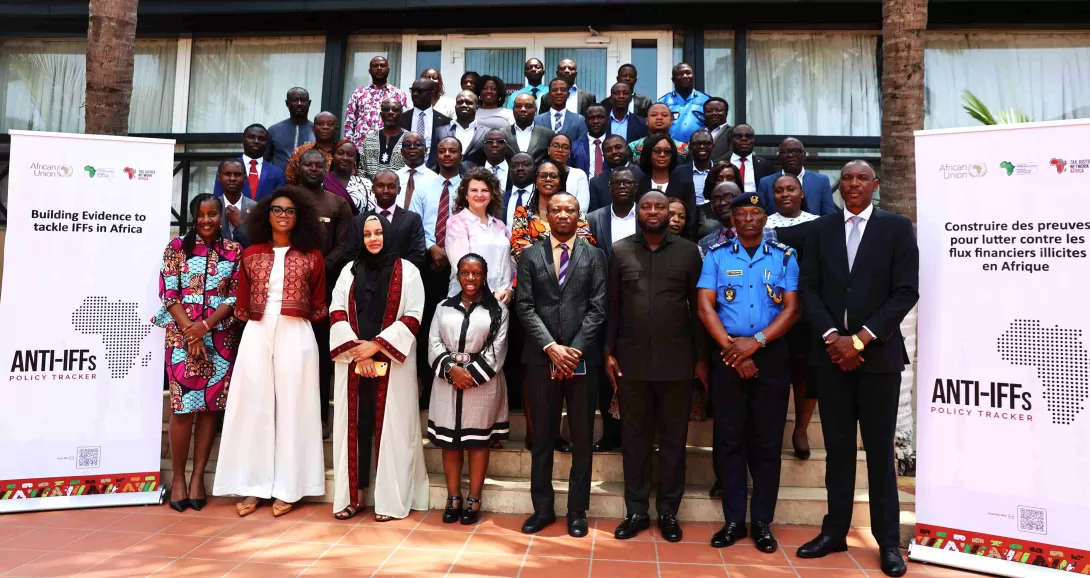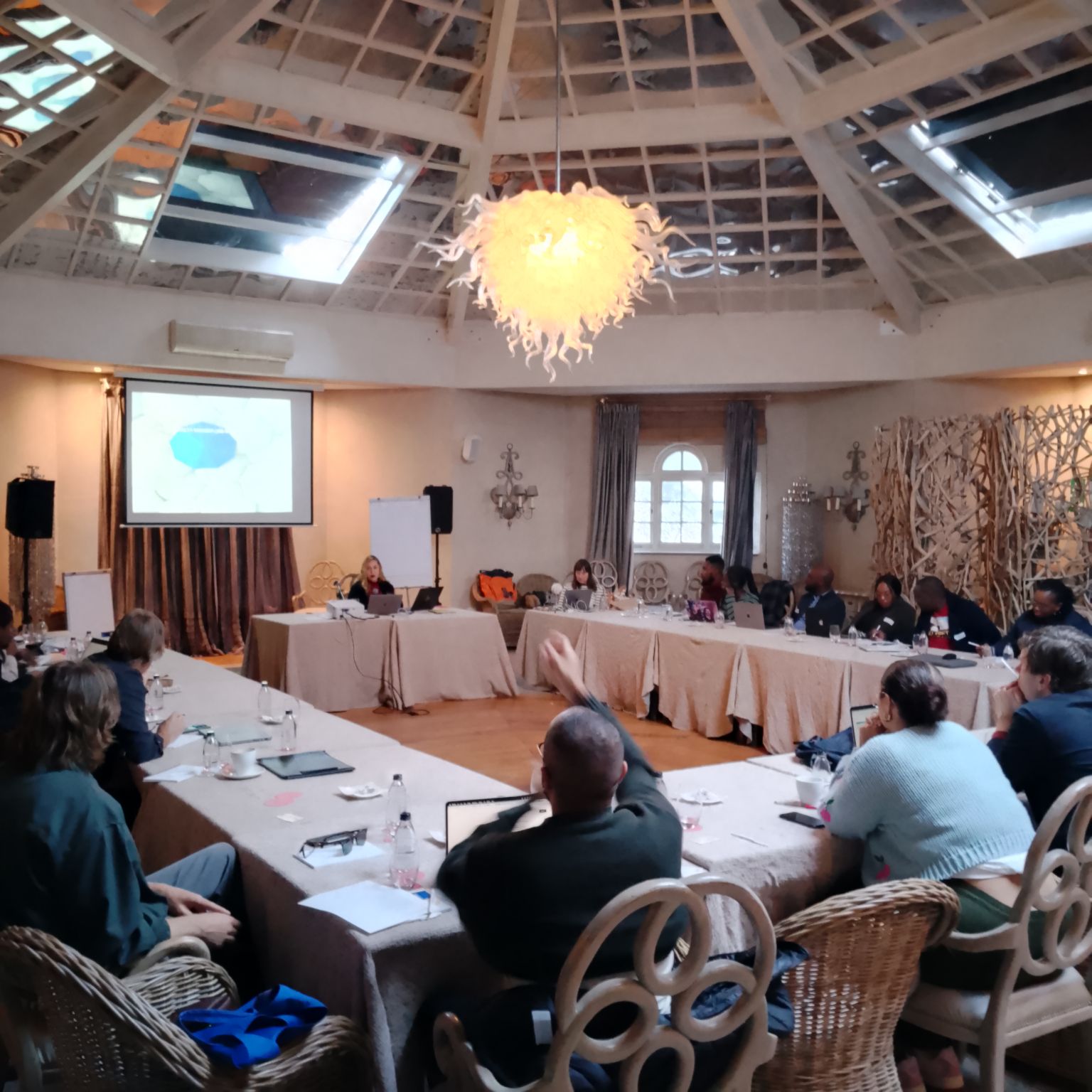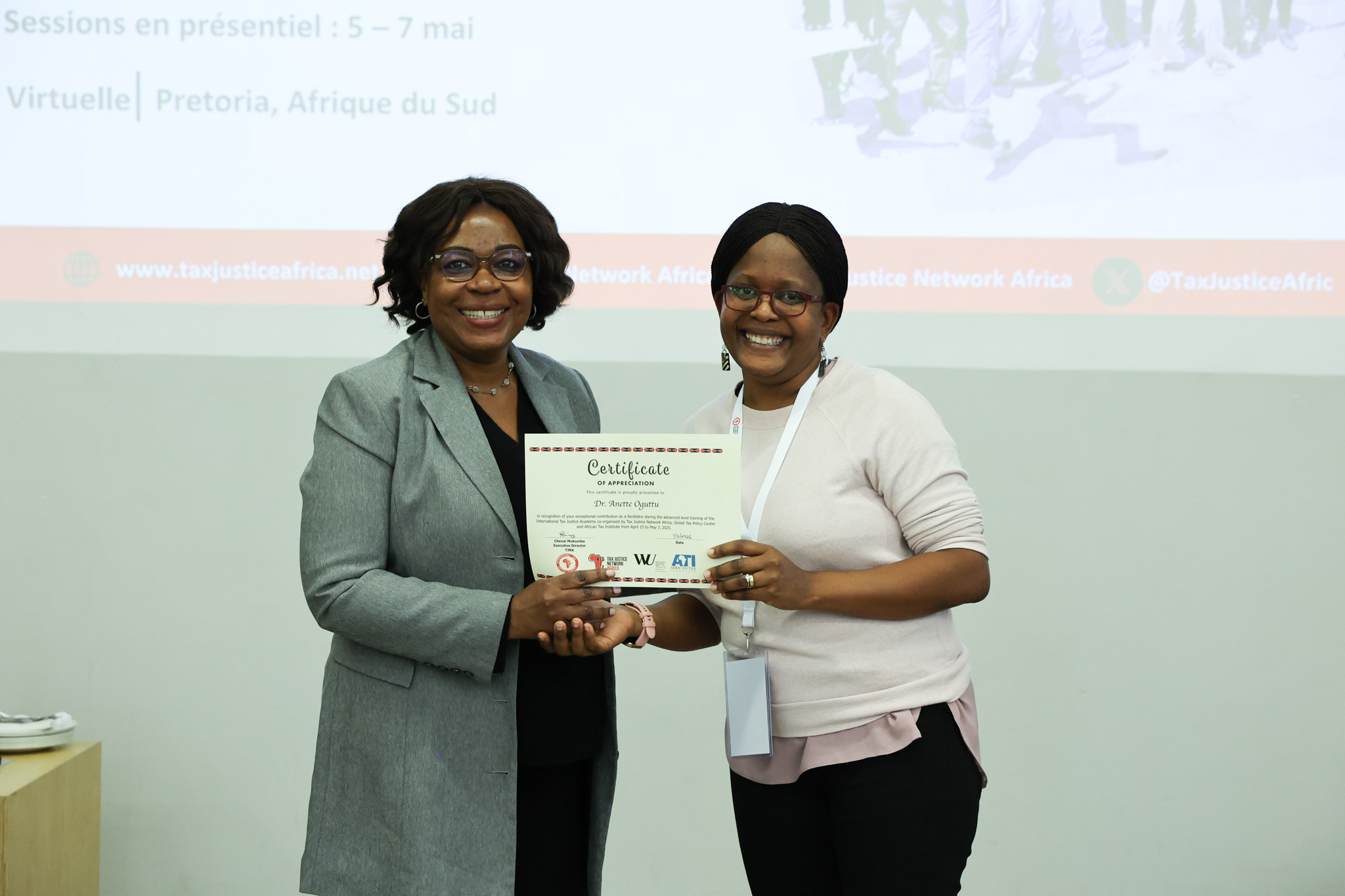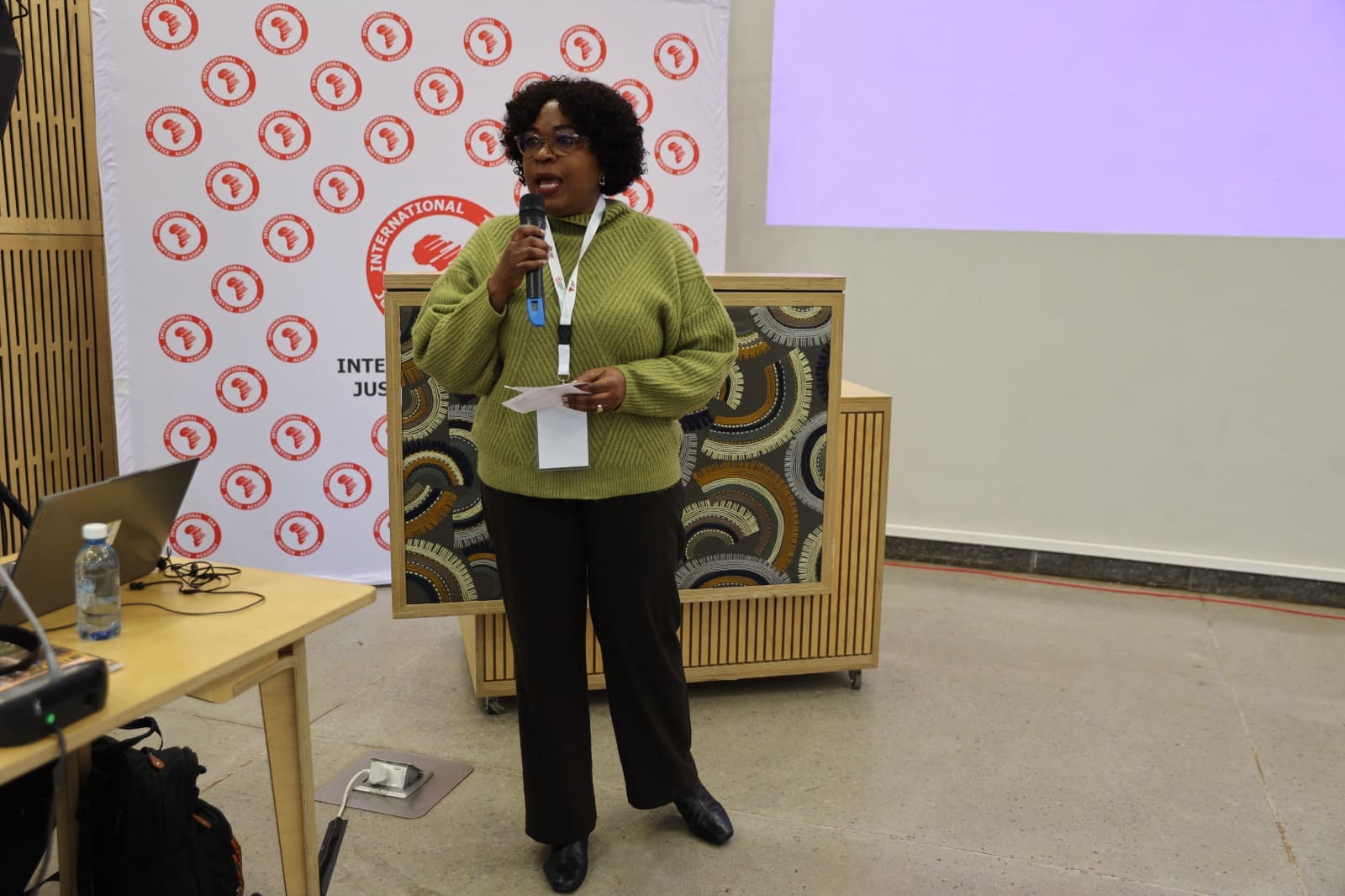
Representatives from key Ghanaian government agencies, led by the Ministry of Finance, officially validated the Anti-IFFs Policy Tracker, reaffirming their commitment to tackling illicit financial flows (IFFs) across the continent. This occurred during the third piloting workshop of the Anti-IFFs Policy Tracker held in Accra, Ghana.
Organised by TJNA in collaboration with the African Union—Economic Development, Trade, Tourism, Industry, and Minerals Department (AU-ETTIM) and the Africa Tax Administration Forum (ATAF), the workshop brought together key Ghanian government institutions to use the tool collaboratively and assess efforts to combat illicit financial flows in Ghana.
In her opening remarks, TJNA’s Executive Director, Ms. Chenai Mukumba expressed her gratitude to all participants and extended special thanks to the government representatives from Ghana for their commitment to the Anti-IFFs Policy Tracker and the piloting workshop.
“This workshop represents a pivotal moment in our collective efforts to curb illicit financial flows across the continent. By equipping institutions with the right tools and data, we are empowering African countries to take ownership of their financial futures and ensure that public resources truly serve the people,” Ms. Mukumba added.
The Anti-IFFs Policy Tracker is designed for government institutions, tax policymakers, and civil society organizations that work on combating IFFs. It aims to identify high-risk areas in the financial system, recommend policy reforms, and enhance cooperation among national and regional stakeholders. The findings will contribute to a broader anti-IFFs strategic framework for Africa and will be presented at the African Union's 3rd STC Subcommittee on taxation and IFFs in May 2025 to guide future interventions.
In his remarks, ATAF’s Tax Audit Specialist, Dr. Nyah Zebong, stressed the importance of the Anti-IFFs Policy Tracker in boosting Africa’s domestic resource mobilisation efforts amid declining foreign aid.
“Ghana loses around $1.4 billion annually to illicit financial flows, with trade mis-invoicing alone accounting for over $14.3 billion between 2002 and 2011. These losses limit essential public services and hinder economic growth. Special thanks to the GRA your support and feedback is crucial in improving this tool for wider use across the continent and beyond,” Dr. Zebong added.
Ms. Luckystar Miyandazi, Tax and Domestic Resource Mobilisation Adviser at ETTIM, African Union Commission, noted that the workshop represented a pivotal moment in the collective endeavor to confront a critical challenge, one that undermines sustainable development, weakens national economies, and compromises the sovereignty of African nations.
“As we embark on this pilot phase, we acknowledge that its effectiveness will rely heavily on the insights and contributions from all of you present today, experts representing diverse sectors within the Ghanaian Government. Let us recognize that today’s piloting of the Anti-IFFs Policy Tracker Tool is not just a procedural step; it is a powerful testament of our resolve to reclaim Africa’s resources, enhance transparency, and protect our economic independence,” Ms. Miyandazi stated.
The Anti-IFFs Policy Tracker represents a bold, proactive approach to address the IFFs. By offering real-time data and policy insights, this tool is designed to empower African countries to respond more effectively and coordinate more comprehensively against IFFs.
In her remarks, International Taxation Officer at the Ghana Revenue Authority (GRA) Ms. Edith Geraldo, expressed her gratitude to TJNA, ATAF, and AUC for organizing the workshop. She acknowledged the significant progress Ghana has made in addressing IFFs, while also noting that a few gaps remain but hoped that they will be addressed through continued collaboration and policy refinement.
“Ghana has made commendable progress in addressing IFFs, but there are still a few critical gaps we must work together to close. I am confident that through continued partnership and knowledge exchange, we can strengthen our systems and drive meaningful change,” Ms. Geraldo stated.
TJNA remains committed to advocating for inclusive tax reforms that address systemic inequalities and ensure that taxation serves as a tool for social and economic justice.
Related articles
For further details about the Anti-IFFs Policy Tracker, please contact Francis Kairu at fkairu[@]taxjusticeafrica.net.





